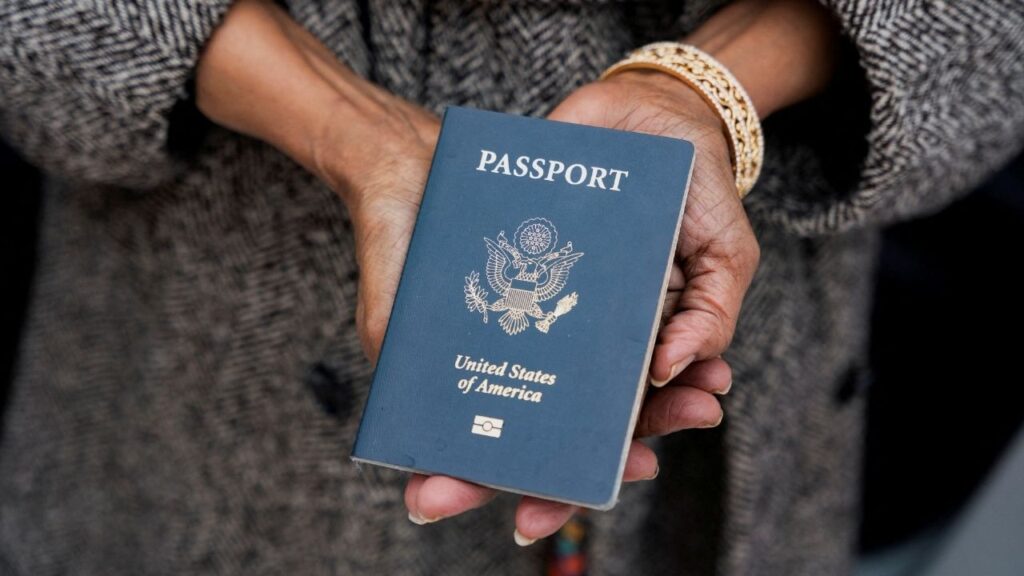Donald Trump Wants to Curb Iran. Has He Gone About It the Right Way?
Share
[aggregation-styles]
The Economist Subscription
Masterstroke or madness?
The Killing of Qassem Suleimani by an American drone on January 3rd threatened to bring the United States and Iran closer to war than at any time since the hostage crisis in 1979. In a part of the world that has lost the power to shock, the audacious killing of Iran’s most important general, ordered by President Donald Trump, sent Iran reeling. In public ceremonies millions of Iranians put aside their discontent with the regime to mark General Suleimani’s death. Blood-curdling threats of destruction issued from the Middle East, echoed by warnings of mayhem from Western experts. And yet a retaliatory missile strike on two American bases in Iraq five days later killed nobody. It looked like a face-saving attempt by Iran to wind the crisis down.
If that were the end of it, Mr Trump would be right to say that his strike had worked, as he suggested on January 8th. Ridding the world of a baleful individual and forcing Iran to curb its aggression really would be worthwhile achievements. In the coming months, that may indeed be how things turn out. The trouble is that nobody, including Mr Trump, can count on it.
Two tests will define whether the killing of the general was a success—its effect on deterrence and on Iran’s regional power. For the past year Mr Trump has stood by as Iran and its proxies attacked merchant shipping in the Strait of Hormuz, two American drones, oil facilities in Saudi Arabia and military bases in Iraq. Because it had concluded that there was no price to pay, Iran was becoming more brazen and belligerent. The beneficial effect of the drone strike on January 3rd is to re-establish the idea that America is willing to hit back. Iran’s restraint on Tuesday this week signals that it does not want to face an aerial onslaught by America. Another Iranian missile strike is less likely today than it was just weeks ago.
Read More →
The Economist Subscription
Masterstroke or madness?
The Killing of Qassem Suleimani by an American drone on January 3rd threatened to bring the United States and Iran closer to war than at any time since the hostage crisis in 1979. In a part of the world that has lost the power to shock, the audacious killing of Iran’s most important general, ordered by President Donald Trump, sent Iran reeling. In public ceremonies millions of Iranians put aside their discontent with the regime to mark General Suleimani’s death. Blood-curdling threats of destruction issued from the Middle East, echoed by warnings of mayhem from Western experts. And yet a retaliatory missile strike on two American bases in Iraq five days later killed nobody. It looked like a face-saving attempt by Iran to wind the crisis down.
If that were the end of it, Mr Trump would be right to say that his strike had worked, as he suggested on January 8th. Ridding the world of a baleful individual and forcing Iran to curb its aggression really would be worthwhile achievements. In the coming months, that may indeed be how things turn out. The trouble is that nobody, including Mr Trump, can count on it.
Two tests will define whether the killing of the general was a success—its effect on deterrence and on Iran’s regional power. For the past year Mr Trump has stood by as Iran and its proxies attacked merchant shipping in the Strait of Hormuz, two American drones, oil facilities in Saudi Arabia and military bases in Iraq. Because it had concluded that there was no price to pay, Iran was becoming more brazen and belligerent. The beneficial effect of the drone strike on January 3rd is to re-establish the idea that America is willing to hit back. Iran’s restraint on Tuesday this week signals that it does not want to face an aerial onslaught by America. Another Iranian missile strike is less likely today than it was just weeks ago.
Read More →
9 Jan 2020
RELATED TOPICS:
Categories
Latest
Videos

Opinion /
6 hours ago


















